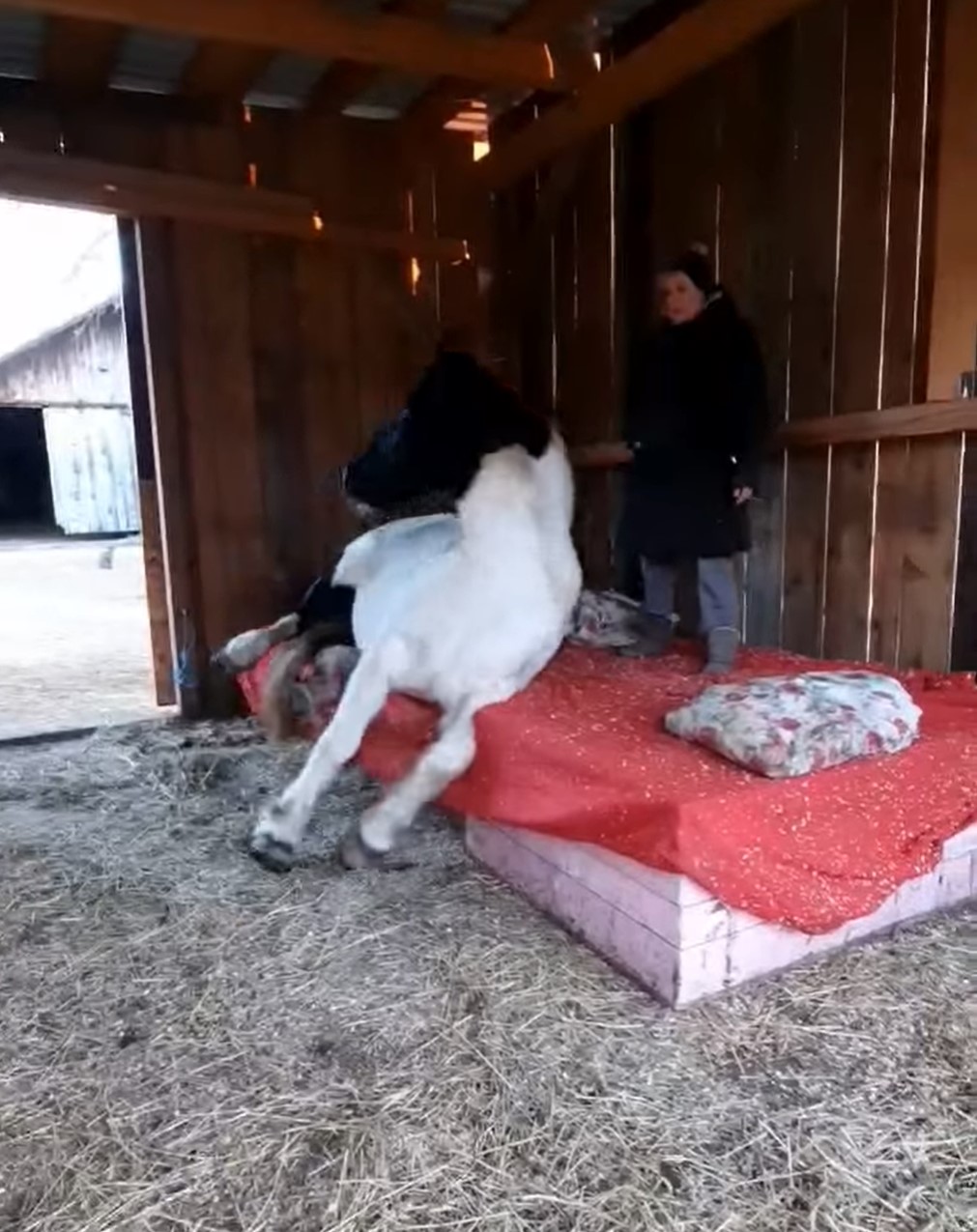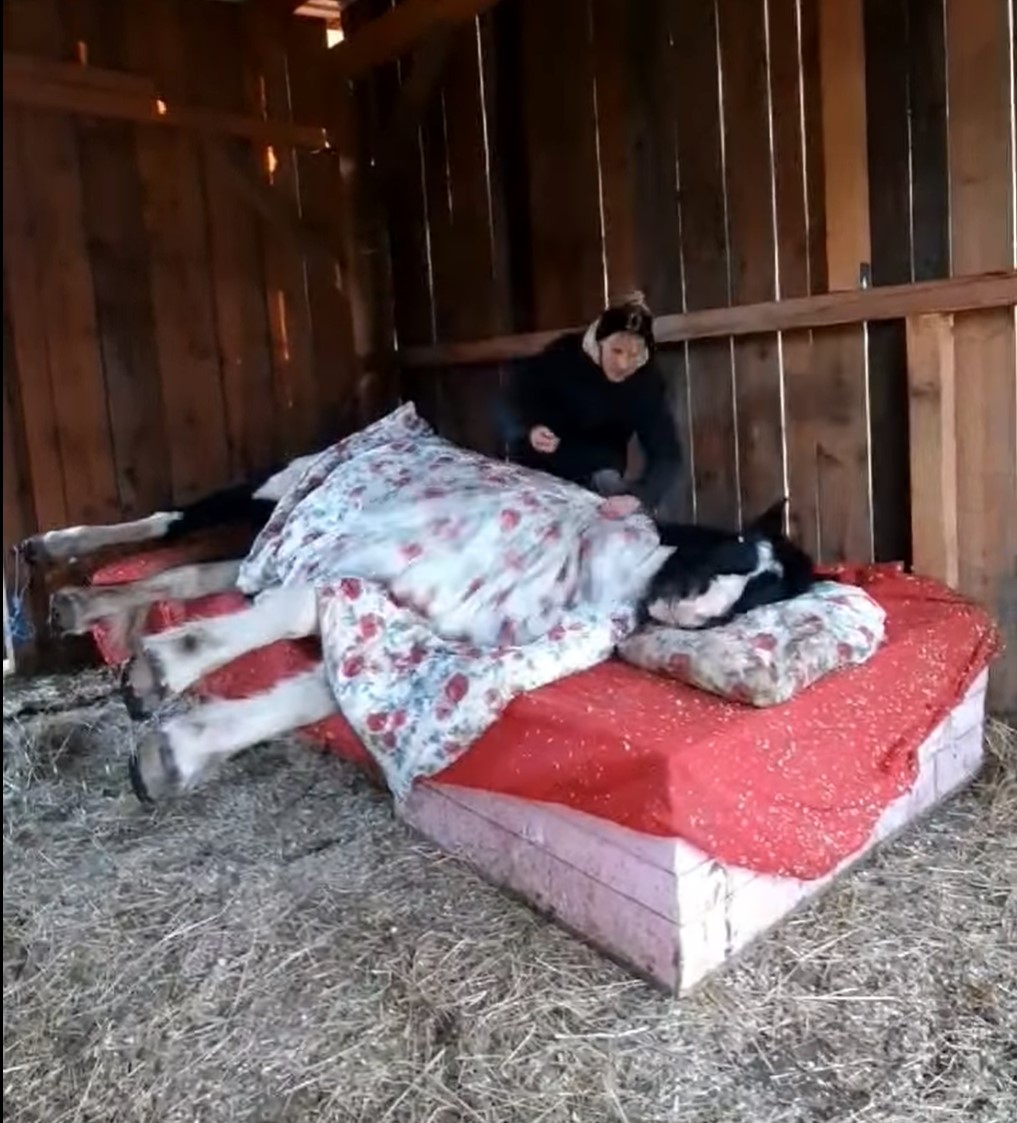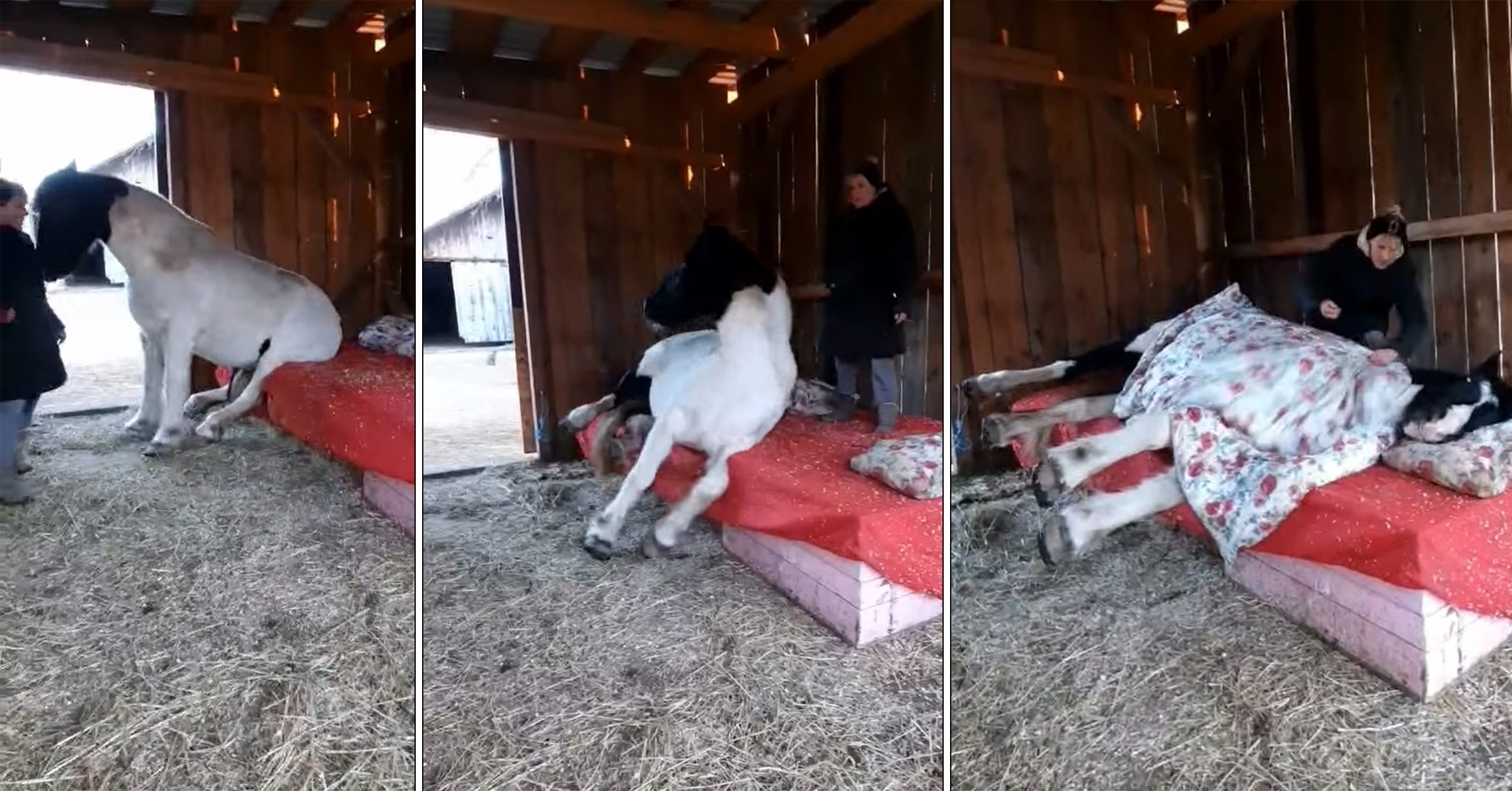Love and friendship mean giving your things to the most important beings in your life – to a horse, for example. We can see in this video how well a horse can understand a human’s intentions and care. He repeats what his owner is doing and understands that bedtime is coming, so he pulls the blanket over him, hugs his friend, and then, he can sleep peacefully because he knows he is loved and protected.

The horse is an impressive force that unfolds with perfect elegance and majesty and requires the gain of love and respect.
Horses and humans may develop a connection or trust through contact, or riding, or by how their owner is grooming them.

Also, approaching is extremely important. Aggressively approaching a horse and shouting commands and orders will yield far worse results than if you place a comforting hand on their flank and speak to them gently. They will learn to listen to what you are saying and understand basic cues and commands and will obey but possibly only by reinforcement and learning to trust you. The trust may then allow the horse to form a bond with you. So why not share your personal things with your horse, even the space where you sleep, like in the video.
The horse looks to us for approval as a sign of respect. This can indicate trust and emotional bonding. From the body-to-body contact up to the emotional transfer, horses and humans became able to coordinate physiological activities through bonding, which subsequently increased the similarity in perceiving and experiencing their common world.
Emotional transfer and connectedness, along with mutual beneficial effects of touching and physical proximity, may represent the backbones sustaining the relationship.
Harmonious communication and physical coordination between horses and humans rely on mutual trust and cooperation. Leaders gain trust by demonstrating competence and ability, showing kindness and goodwill, and making an emotional connection with others.

To earn a horse’s trust, people can model these qualities by using consistent and skilled handling techniques, developing sensitivity to the horse’s emotional state, and responding to the horse in a gentle, fair, and forgiving manner. Frequent positive experiences are also important for creating a foundation for secure and trusting horse-human relationships.
